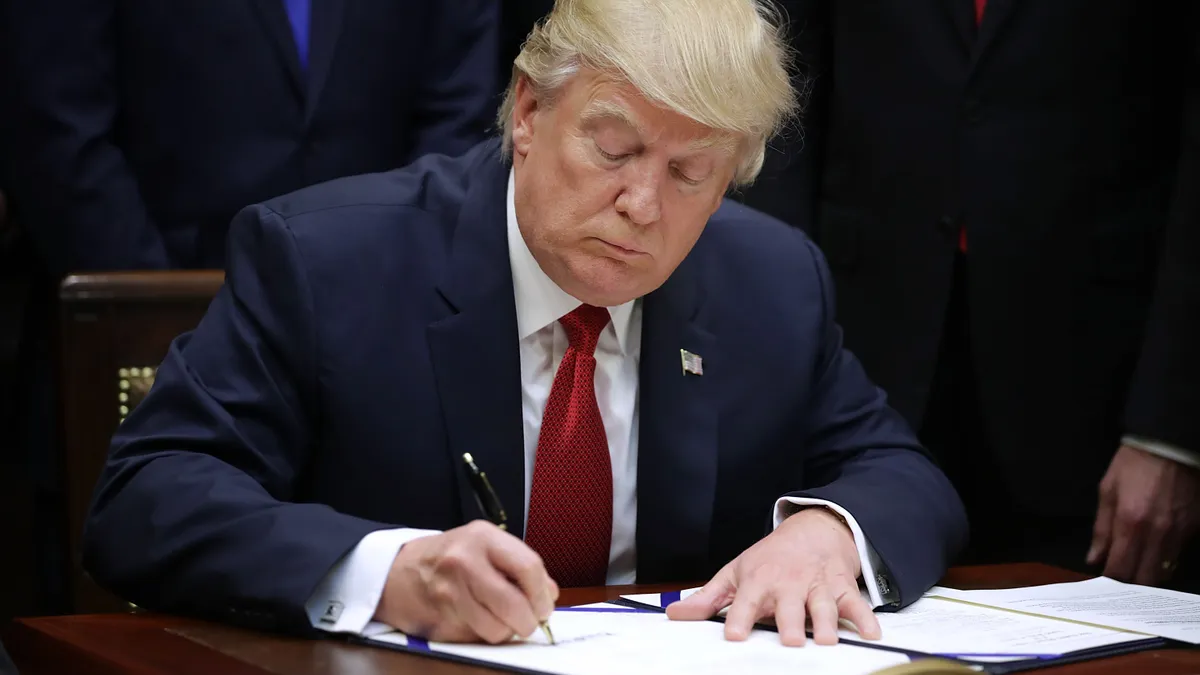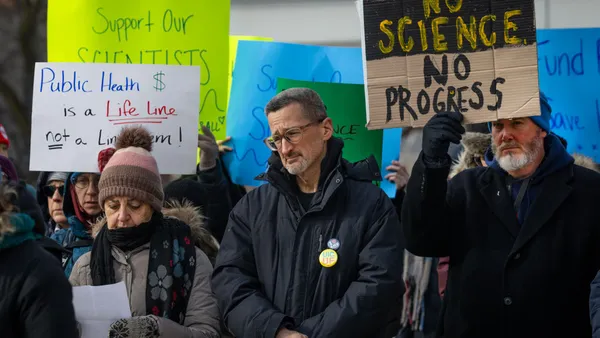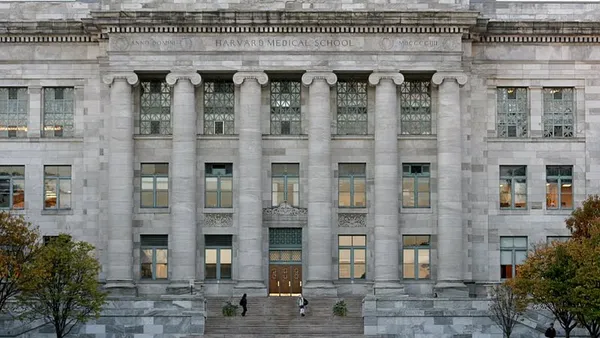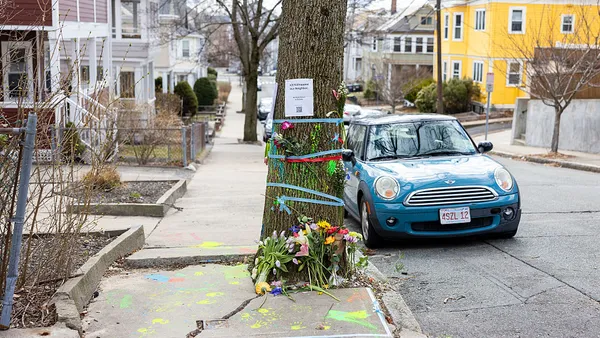Dive Brief:
- President Donald Trump on Thursday signed an executive order requiring public colleges to protect First Amendment rights or risk losing federal research dollars. Private colleges will only have to "comply with their stated institutional policies regarding free inquiry," a senior administration official told reporters during a conference call.
- The order follows Trump's announcement at the Conservative Political Action Conference earlier this month that he would tie federal funding to free speech on campus. The order does not affect federal student aid, the official said.
- The order also has two directives for the U.S. Department of Education: It must provide program-level data for estimated median earnings, student loan debt and loan defaults on the College Scorecard, and it must craft policy recommendations for how colleges can share the financial risk of student loans.
Dive Insight:
Higher ed leaders have been anticipating Trump's order since he said he would use his executive privileges to strip federal funding from colleges that didn't uphold free speech, raising questions about what kind of funding he was referring to and how such a policy would be enforced.
However, the order largely reinforces what colleges are already required to do, Politico reported, though the White House contends it raises their stakes for doing so. "While many schools, or all schools, are frankly supposed to follow this currently, it will ensure that ... [they] will have to certify that they're following this condition," the senior administration official told reporters.
The order directs 12 government agencies to ensure colleges receiving federal research funds "promote free inquiry" and comply with the related federal regulations and laws. It does not describe how enforcement will be carried out, and the administration official declined to give an example of what would put research funds at risk.
However, during the signing Trump named several practices that he said prevented free speech. "Under the guise of speech codes and safe spaces and trigger warnings, these universities have tried to restrict free thought, impose total conformity and shut down the voices of great young Americans," he said.
He cited a concern that students aren't able to share their opinions on campuses in his decision to sign the order. "Taxpayer dollars should not subsidize anti-First Amendment institutions," he continued.
The Office of Management and Budget will work with the various agencies on implementation, the official said, adding that the process will take several weeks or months.
Some higher ed groups have argued that the executive order isn't needed. In a statement issued Thursday, American Council on Education President Ted Mitchell described the order as "a solution in search of a problem."
"It is neither needed nor desirable, and could lead to unwanted federal micromanagement of the cutting-edge research that is critical to our nation's continued vitality and global leadership," he wrote.
Others have echoed those remarks, with First Amendment scholar Clay Calvert telling Newsweek that the order is "a highly symbolic gesture" targeting the president's conservative base. Calvert is also the director of the University of Florida's Marion B. Brechner First Amendment Project.
Others are worried the order could block free speech. Days after Trump first announced plans for the order, the American Association of University Professors wrote in a statement that such legislation is "liable to interfere with institutional autonomy and governance in ways that (are) more likely to stifle than encourage free expression and diversity of opinion."
Indeed, several conservative student groups sued their universities in recent months alleging the institutions have discriminated against right-wing speakers or clamped down on speech in other ways. The stakes in such cases can be high for colleges, as they can be on the hook for tens or even hundreds of thousands of dollars in legal costs.
While these types of legal battles tend to grab headlines, most involve the same handful of high-profile speakers, contends Sanford Ungar, the director of The Free Speech Project at Georgetown University. Additionally, there have been many less-publicized incidents where those on the left were "silenced or shut down," he wrote in 2018.













